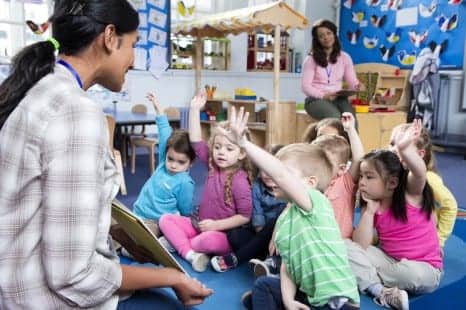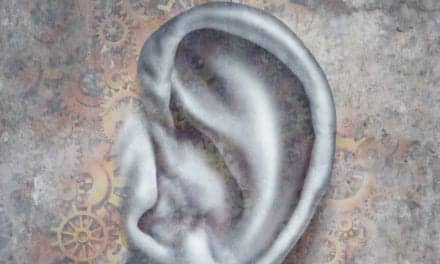| In an announcement, Hearing Australia encourages parents to check their child’s hearing health to ensure they have a sound start to school this year. Research by the National Acoustic Laboratories (NAL), the research division of Hearing Australia, has established that the earlier a child with hearing loss can be fitted with a hearing aid or cochlear implant, the better the outcomes1. Results from NAL’s Longitudinal Outcomes of Children with Hearing Impairment (LOCHI) study show that early fitting of hearing devices is key to achieving better speech, language, and psychosocial outcomes for children with hearing loss1. “The results show that children who receive early fitting of hearing devices and early educational intervention have significantly better language outcomes at 5 and 9 years of age, on average, than those whose hearing loss was discovered later,” said Dr Teresa Ching, head of the Communication Sciences Department at NAL. The third wave of the LOCHI study commenced in 2019 and will run until 2024. It will address the current evidence gaps on the long-term effectiveness and cost-effectiveness of early hearing intervention. “It’s critical for parents to be aware of these findings so that they and their healthcare professionals are prompted to take immediate action if they suspect a child may have a hearing problem,” said Dr Brent Edwards, director of NAL. “Children should receive regular hearing checks as they would receive their general health check-ups. It’s important that parents understand that hearing health plays a vital role in a child’s mental well-being and development,” said Edwards. LOCHI Wave III will investigate the effects of early hearing intervention on educational attainment, mental health, and quality of life of children with hearing loss at 18 years of age. In addition, it will quantify the economic impact of permanent childhood hearing loss. The findings will provide important evidence to guide the hearing healthcare roadmap across an individual’s lifespan. In addition, the evidence will guide healthcare workers, professionals, and policymakers to support and optimize outcomes for children with hearing loss. “Hearing Australia cares for the hearing health of some 33,000 children and young adults up to the age of 26,” said Mr Kim Terrell, Hearing Australia managing director. “We’re focused on delivering a number of initiatives aimed at reducing the incidence of preventable childhood hearing loss, which is estimated to be 49%³. If parents and families have any concerns or questions about their child’s hearing health, we invite them to come and talk to our team of professionals to help ensure better future outcomes for their child.” |
| About LOCHI The Longitudinal Outcomes of Children with Hearing Impairment (LOCHI) study is a population-based, prospective study that directly compares the outcomes of children with hearing loss who received early or later intervention. About 450 children with hearing loss born in Australia between 2002 and 2007 have been enrolled in the study, 53% of whom first received intervention before 6 months of age. Despite variations in timing of intervention, all children received the same post-diagnostic free, expert audiological services from Hearing Australia1. This refers to all children eligible for audiological services with Hearing Australia and means that the results of children can be fairly compared, whenever and wherever their hearing loss was discovered. The LOCHI study is the most comprehensive in the range of predictors and outcomes measured prospectively, the duration of the longitudinal study and the number and separation of measurement points, the range of hearing loss included, the group size and the sampling from across an entire population. The combination of these attributes provides data with unprecedented potential to examine effectiveness and cost-effectiveness of early intervention. We evaluated outcomes at 6 and 12 months after intervention and again at the ages of 3, 5, and 9 years. The findings at 3 and 5 years have been published, and the NAL Team is currently analyzing data at 9 years. References: 1. Cowan RSC, Edward B, Ching TYC. Longitudinal outcomes of children with hearing impairment (LOCHI): 5 year data. 2018; International Journal of Audiology. 57(sup2):S1-S2. 2. Hearing Australia. Annual Report. https://www.hearing.com.au/About-Hearing-Australia/Corporate-Publications-(1)/Annual-Reports. Published 2019. 3. Hearing Care Industry Association (HCIA). The Social and Economic Cost of Hearing Loss in Australia. http://www.hcia.com.au/hcia-wp/wp-content/uploads/2015/05/Social-and-Economic-Cost-of-Hearing-Health-in-Australia_June-2017.pdf. Published June 2017. |
Source: Hearing Australia





